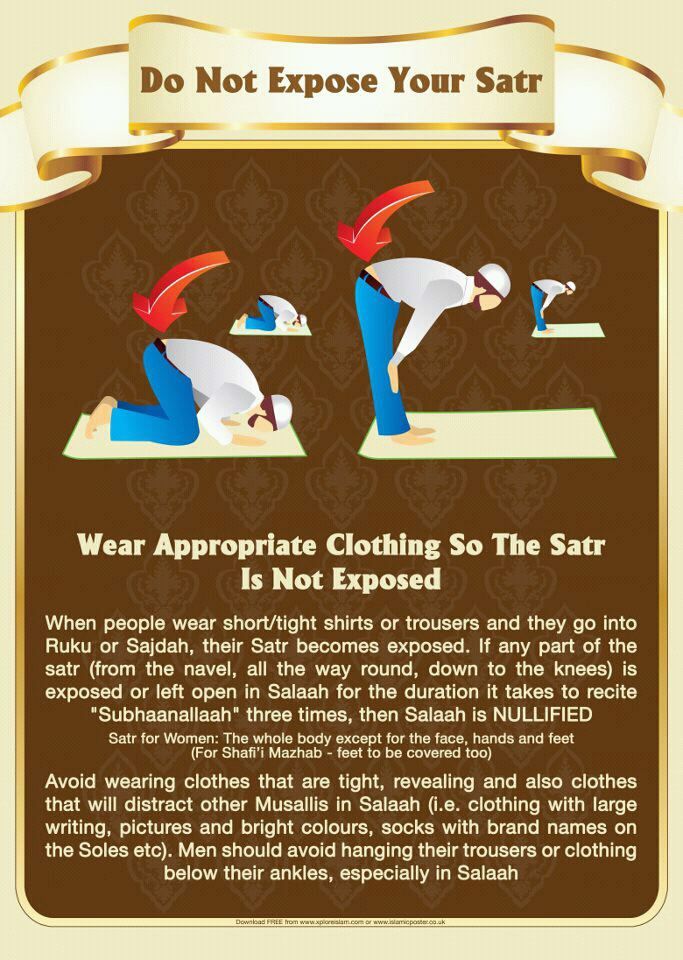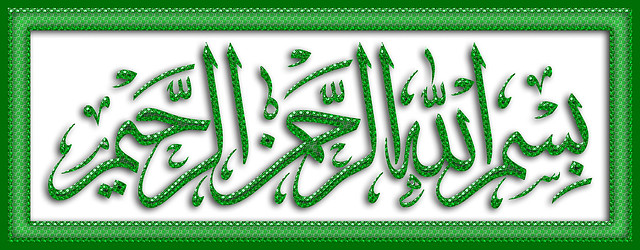
Maa Ke Guzarne ke Baad Hazrat Moosa A.S KOH-E-TUR Par Chadhe Aur Thoda Phisal Gaye,
Tab Allah Ne Farmaya
" Aay Moosa Ab Zara Sambhal Ke Chalo ,
Kyun ke Dua Maange Wale Haath Ab Nahi Rahe "
MAA ki Dua ,
Mout Ke Siva Har Musibat Ko Taal Sakti Hai .
MAA 1 Anmol Dein Hai,
Kho Jaane Par Dubara Nahi Milti





























